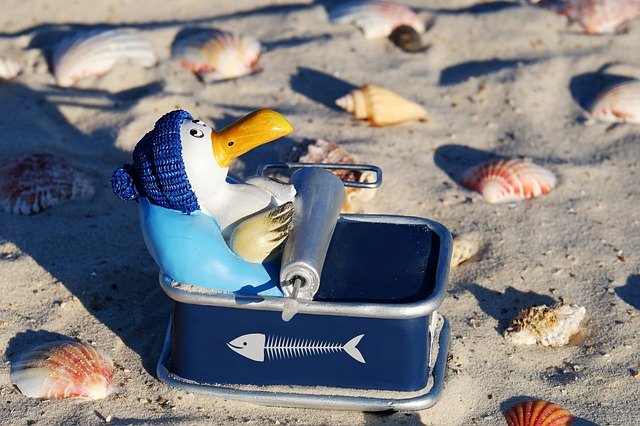
The Fascinating Social Dynamics of Penguins: How These Birds Form Complex Societies for Survival
Penguins are known for their unique social behaviors and complex societies that have evolved as a means of survival in their harsh Antarctic environments. These birds exhibit fascinating social dynamics that are essential for their survival and reproduction.
Colonial Nesting: One of the most prominent features of penguin social dynamics is their colonial nesting behavior. Penguins gather in large colonies, ranging from a few dozen to thousands of individuals, to breed and raise their young. This communal nesting provides protection from predators and harsh weather conditions, as well as opportunities for social interactions.
Mate Selection: Penguins are known for their monogamous relationships, with pairs forming strong bonds that can last for multiple breeding seasons. Mate selection is a crucial aspect of penguin social dynamics, as individuals often engage in elaborate courtship rituals to attract a suitable partner. Once a pair bond is formed, both partners work together to build a nest, incubate eggs, and raise their chicks.
Division of Labor: Within penguin colonies, there is a clear division of labor among individuals. While both male and female penguins participate in incubating eggs and caring for chicks, they often have specific roles and responsibilities. For example, male Emperor Penguins are known for their unique ability to incubate eggs on their feet for extended periods, while females forage for food to sustain themselves and their chicks.
Communication and Hierarchy: Penguins use a variety of vocalizations, body postures, and displays to communicate with one another within their colonies. These communication signals help establish social hierarchies, resolve conflicts, and coordinate group activities such as hunting and breeding. In some penguin species, dominant individuals may assert their status through aggressive displays or vocalizations.
Cooperative Hunting: Penguins often engage in cooperative hunting behaviors to catch prey more efficiently. By working together in groups, penguins can herd schools of fish or krill, making it easier for them to feed themselves and their offspring. Cooperative hunting also strengthens social bonds within the colony and ensures the survival of the group as a whole.
In conclusion, the social dynamics of penguins are a testament to their remarkable adaptability and resilience in the face of challenging environmental conditions. By forming complex societies based on cooperation, communication, and mutual support, penguins have evolved sophisticated strategies for survival that continue to fascinate researchers and wildlife enthusiasts alike.
